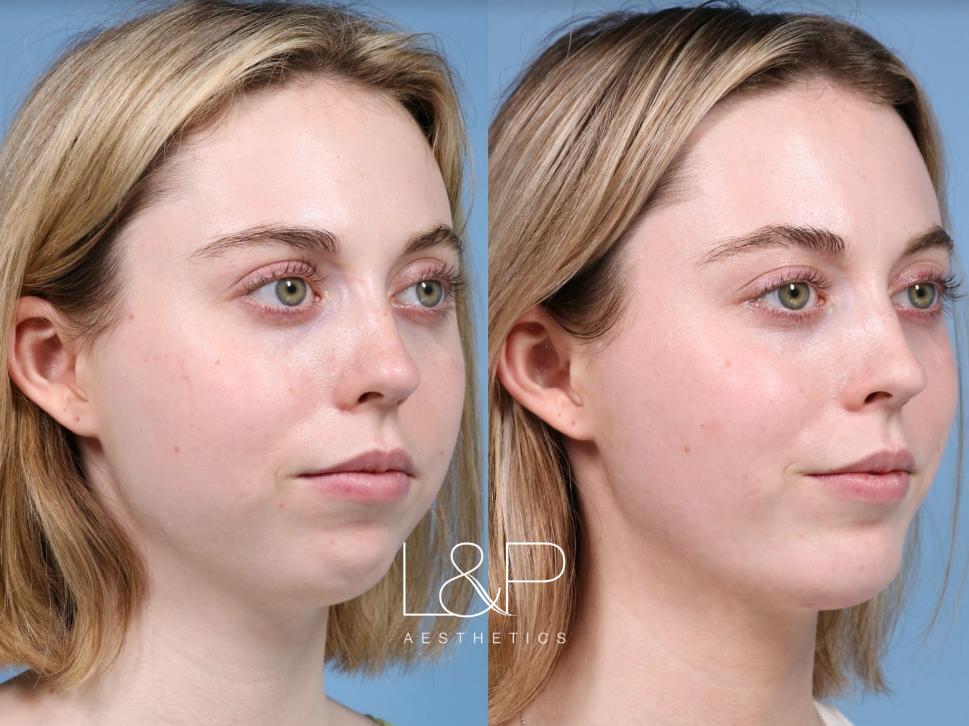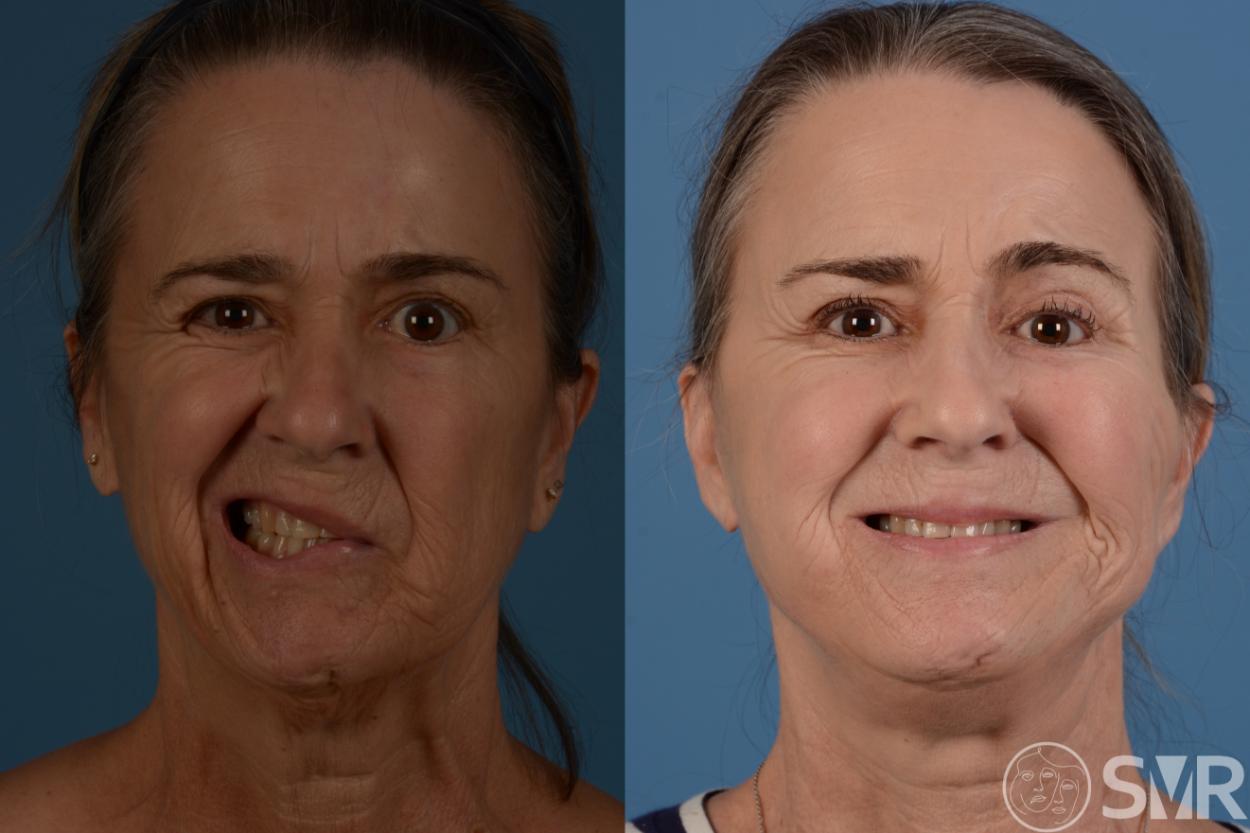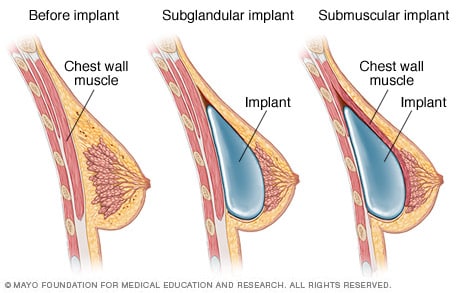
There are many reasons for eye twitches. However, most of them are non-threatening. Eye twitches may be caused by a shortage of certain nutrients like magnesium or B12. These vitamins are found in spinach, avocados and salmon, as well as other foods rich in them. Eye twitching may be prevented by making sure you get the recommended daily intake. Eye twitches can also be caused by nutritional deficiencies and stress.
Botulinum toxin
Anyone can experience Blepharospasm or involuntary closure of the eyeslids. It is a benign condition with no known cause and affects both eyes equally. The condition can be treated with Botulinum Toxin injections. Botox and Dysport are the brands that sell this toxin in Australia.
While the toxin can be safely injected and approved by FDA, there are some side effects. Common side effects are eye irritation and discomfort. The toxin can cause blurred vision and corneal damage. The treatment will last for about 3 months and is a temporary solution. Patients should be prepared to use eye lubricants as well as a backlit keyboard for the duration of the injection procedure.

Reducing stress
Eye twitching can often be caused by stress, caffeine or other factors. Eye twitching can also indicate a condition like essential blepharospasm. This can make it hard to see clearly and make your daily activities difficult. However, if your twitching is severe, it's best to consult a physician.
Fatigue and exhaustion are also causes of eye twitching. It is important to get enough rest and do some physical activity such as walking or yoga. Staying hydrated and engaging in stress-relieving hobbies may also help. Avoid drinking soda or coffee as they can cause eye irritation. It's also a good idea not to consume caffeine or alcohol.
Natural remedies
You can use cold water to soothe your eyes, or turn off any electronic gadgets. Palming is another easy way to reduce eye stress. Applying eucalyptus oil or warm water to your eyelids while you twitch your eyelids can also help. Additional to these tips, you can also drink 8-10 glasses per day of water to relieve eye twitching symptoms.
Inflammation in the eyelid is another common cause of eye twitching. Itchy eyes, crusty lids, burning sensation, and sore eyelids are all possible symptoms. It is possible to avoid blepharitis through good eye hygiene practices and avoiding eye strain. Keep your eyes from rubbing too hard. To reduce inflammation, avoid contact contact with contact lens or irritants.

Contacting an eye doctor
An eye doctor can be helpful in stopping eye twitching. If you believe the twitches that you are experiencing are related to a health condition, then you should see a physician. In many cases, the condition will go away on its own. Some cases can be irreversible. In such cases, you should visit an eye physician.
Eye twitching may be part of growing old, but it can also indicate something more serious. A doctor should be consulted if you have experienced double vision or a facial injury. While eye twitching can be mild and not necessarily serious, if it continues, it is worth seeing a doctor.